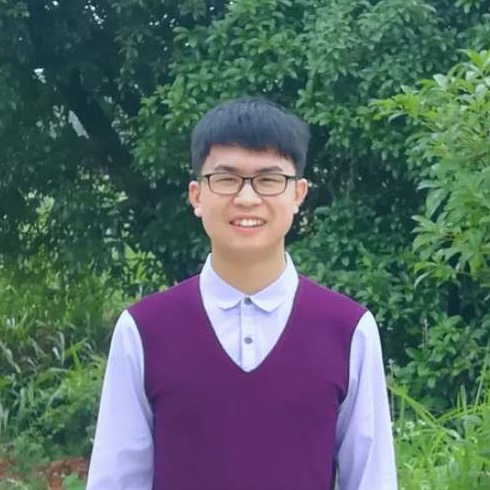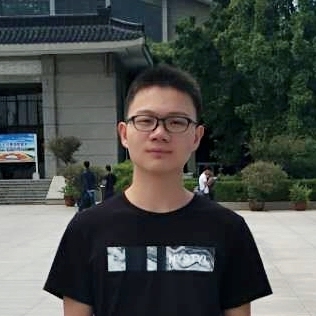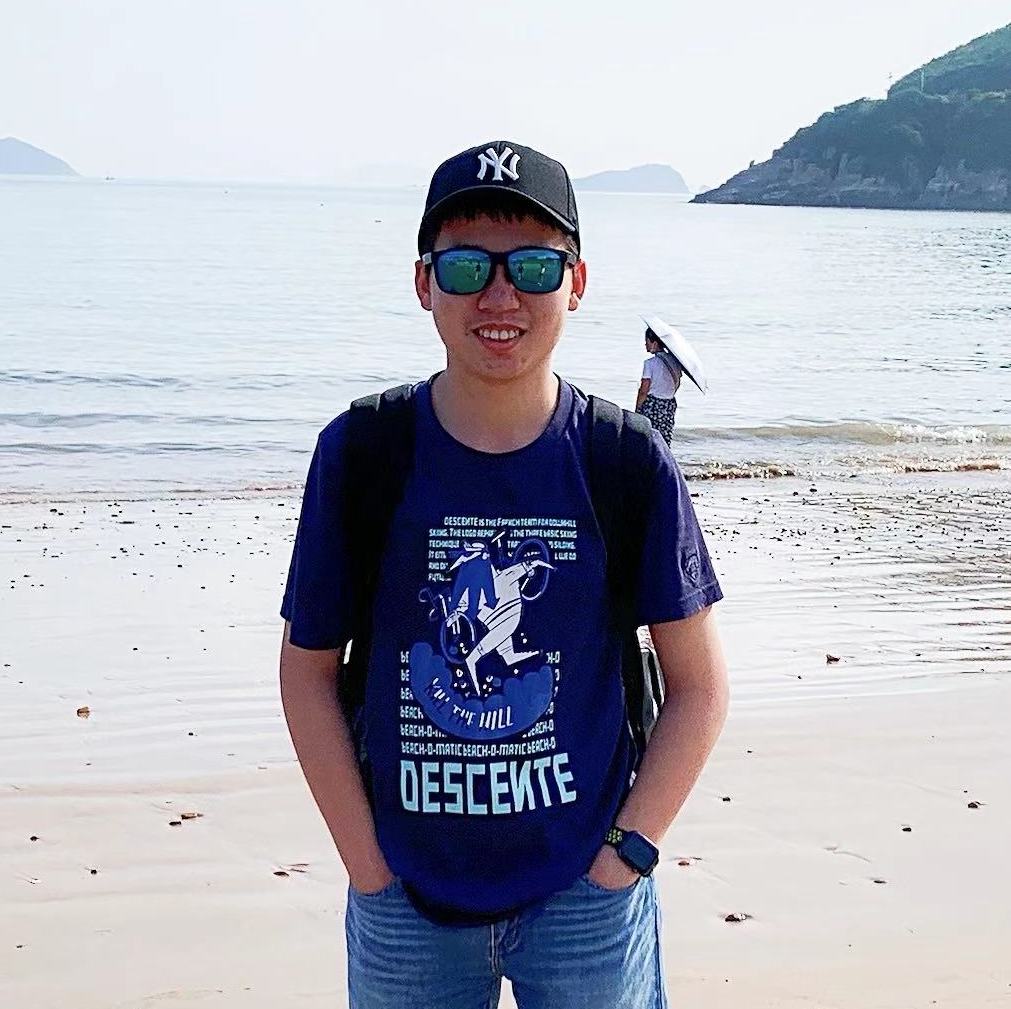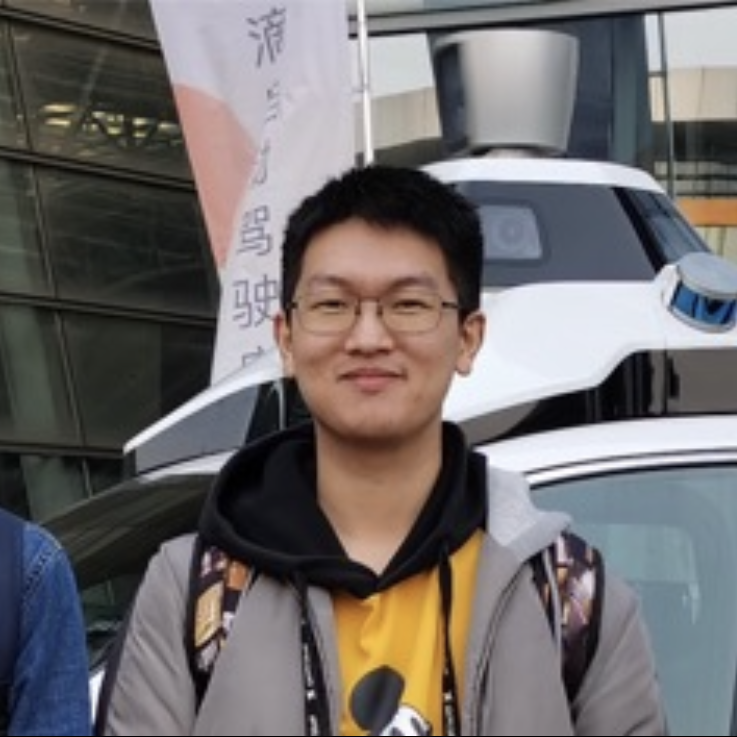About
I recently obtained my PhD from the Department of Computer Science and Engineering at the University of Michigan, Ann Arbor, mentored by Prof. Kang G. Shin of the Real-Time Computing Lab (RTCL). My research focus on ubiquitous computing, cyber-physical systems (esp. automotive), and related topics on security and privacy. My long-term goal is to build practical and secure technologies for tackling real-world challenges in various domains, in particular, transportation and healthcare.
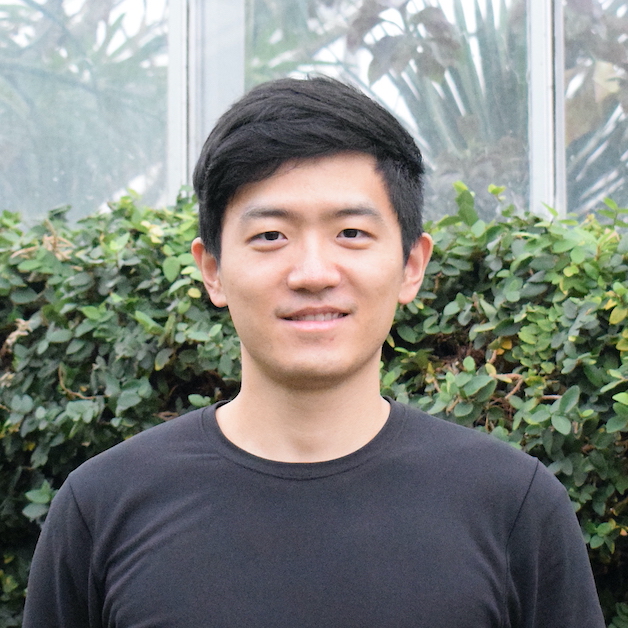 Email: chendy@sjtu.edu.cn
Email: chendy@sjtu.edu.cn Links: CV / Scholar / Github / LinkedIn / Zhihu (中文)
Address: SEIEE Bldg, 1-203
Team
Prospective students: I am actively looking for self-motivated students who interested in ubiquitous sensing and applied machine learning. Please drop me an email if you're excited!
I am fortunate to work with the folloiwng talents. Their motivation and curiosity to explore the unknown are the eternal driving forces of our team.
Research

Much of my thesis work focuses on empowering the next-generation transportation ecosystem that is comprised of vehicles, environment, and humans. This research includes a suite of novel and scalable sensing technologies for facilitating safer and more efficient transportation that has a profound impact on people.
The synergy of my thesis works is illustrated in the above figure. My research investigated ubiquitous sensing, vehicular system, and wireless communication. These three elements are cornerstones for tackling real-world challenges on our roads.
Latest News
Nov. 2020
Sept. 2020
Nov. 2019, CIKM 2019
Oct. 2019, CCS 2019
Oct. 2019, Talk
Sept. 2019, Talk
Jul. 2019, UbiComp 2019
Papers
LibreCAN: Automated CAN Message Translator
CCS 2019LibreCAN can be used for automated translation of in-vehicle data, thus making the data flow in cars "transparent" to developers. In the future, we may be able to build apps on cars as easy as developing apps on smartphones!
Paper | Website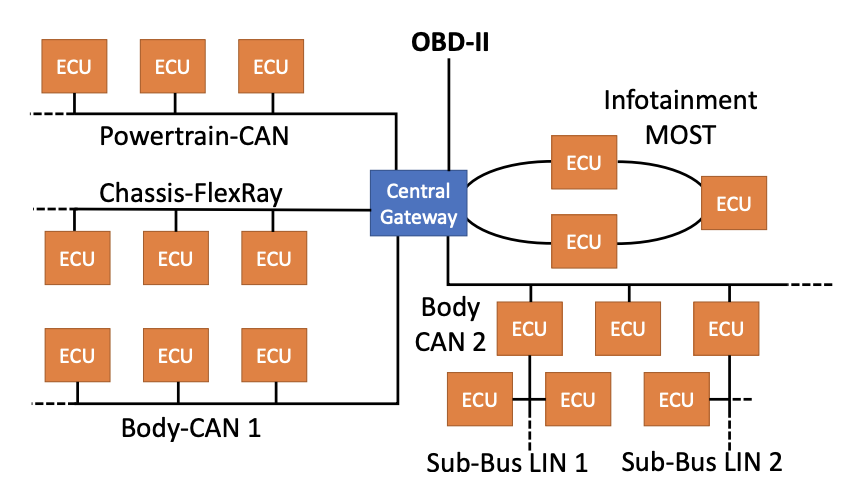
TurnsMap: Enhancing Traffic Safety with Crowdsensing and Deep Learning
UbiComp 2019This work presents TurnsMap, an IoT + AI framework for automatically detecting if a left turn is safe, e.g., whether it has protection for left-turning cars. Democratizing this information can help assure traffic safety for various transportation applications, e.g., navigation and ride-sharing apps.
Paper | Website | Slides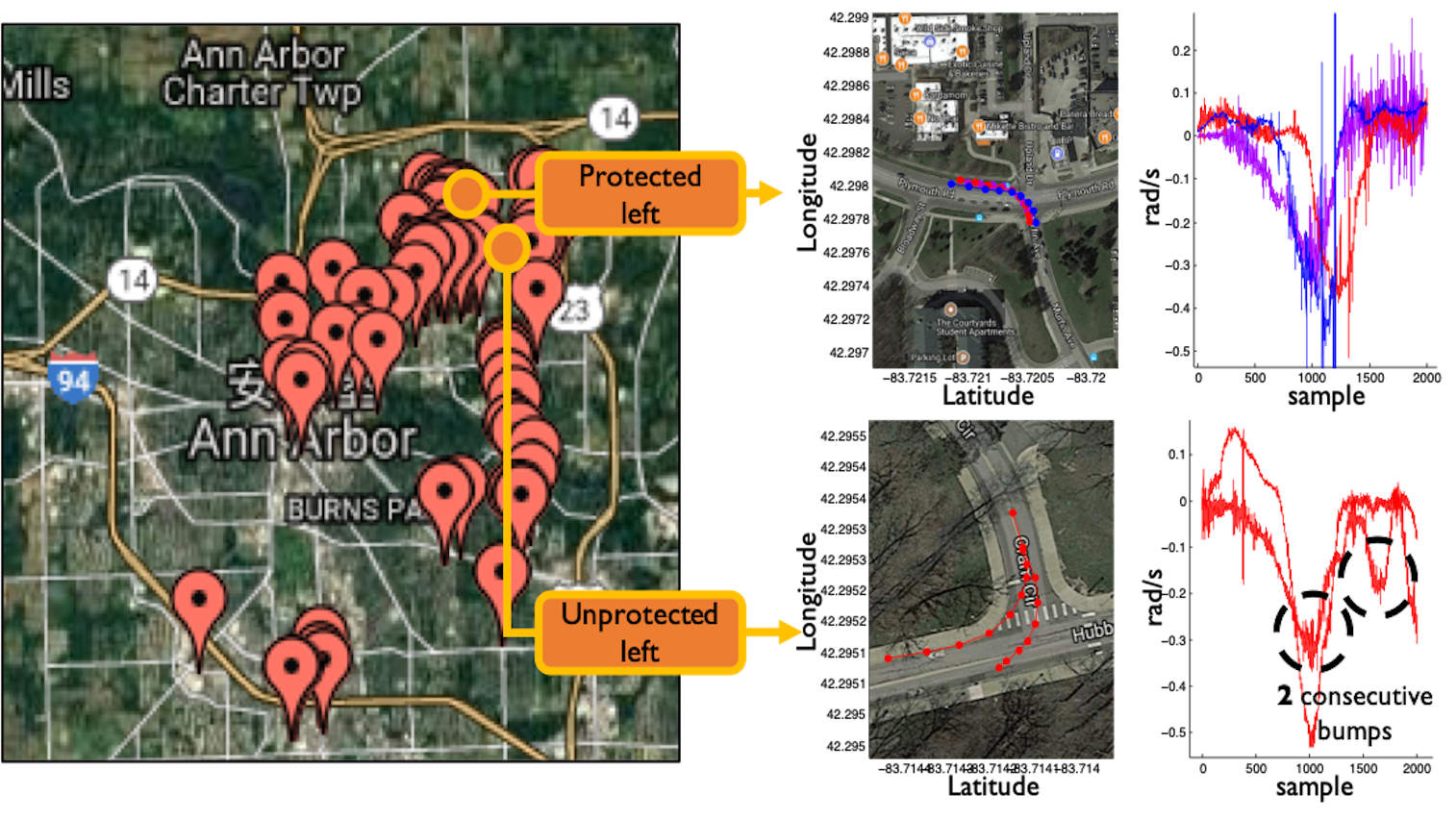
Mobile IMUs Reveal Driver's Identity from Vehicle Turns
ArXiv Preprint, 2017This work presents Dri-Fi, a solution that enables automotive apps to identify the person behind-the-wheel by only using mobile sensors. The capability of identifying driver is essential for personalized service/assistance for the driver and his/her designated parties, thus can benefit various automotive apps
Paper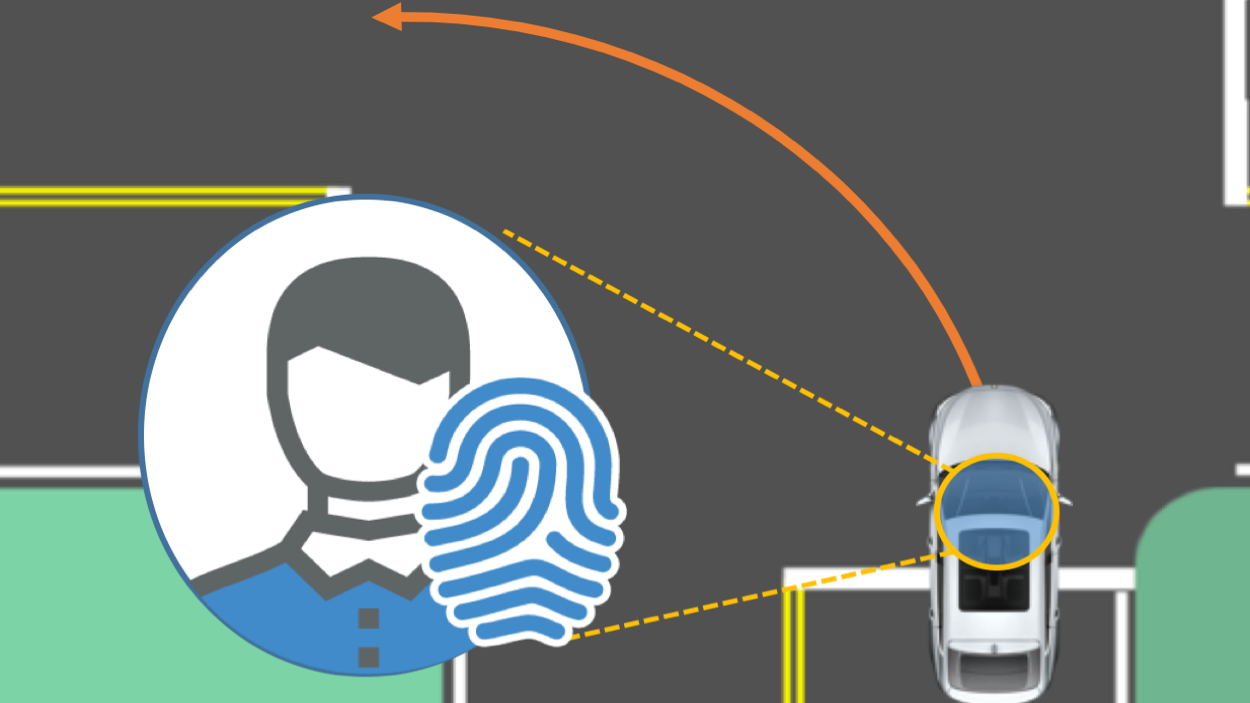
Locating and Tracking BLE Beacons with Smartphones
CoNEXT, 2017LocBLE is able to locate specific location of any surrounding Bluetooth low energy (BLE) beacons by justing using your smartphone. Comparing to existing coarse-grained BLE ranging applications, LocBLE is capable of enabling various use cases in Internet-of-Things. This is a collaborative work with Hewlett Packard Labs during my internship.
Paper | Demo | Slides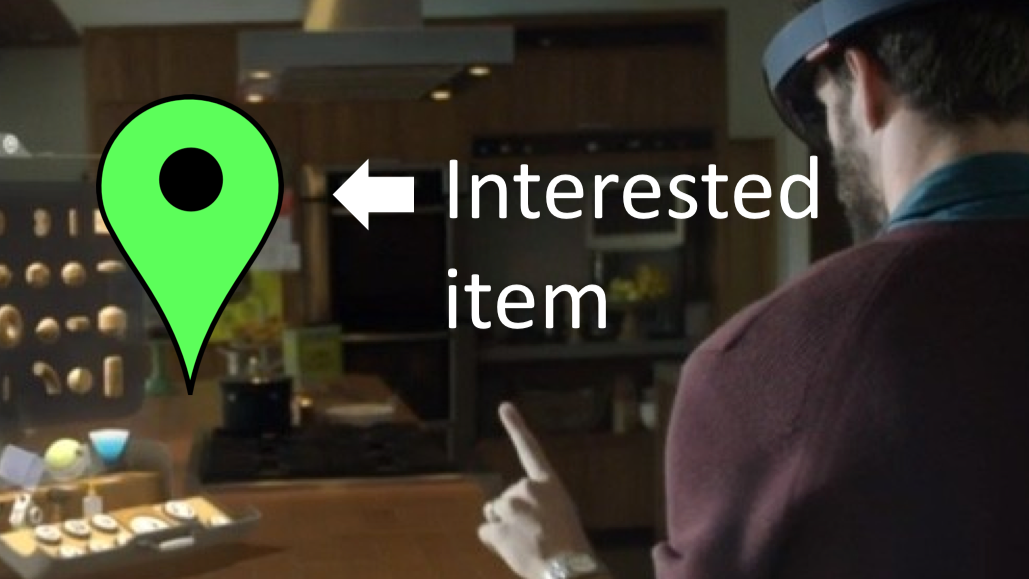
Invisible Sensing of Vehicle Steering with Smartphones
MobiSys, 2015This work introduced a vehicle steering detection middleware called V-Sense which can run on commodity smartphones without additional sensors or infrastructure support.
Paper | Demo | Slides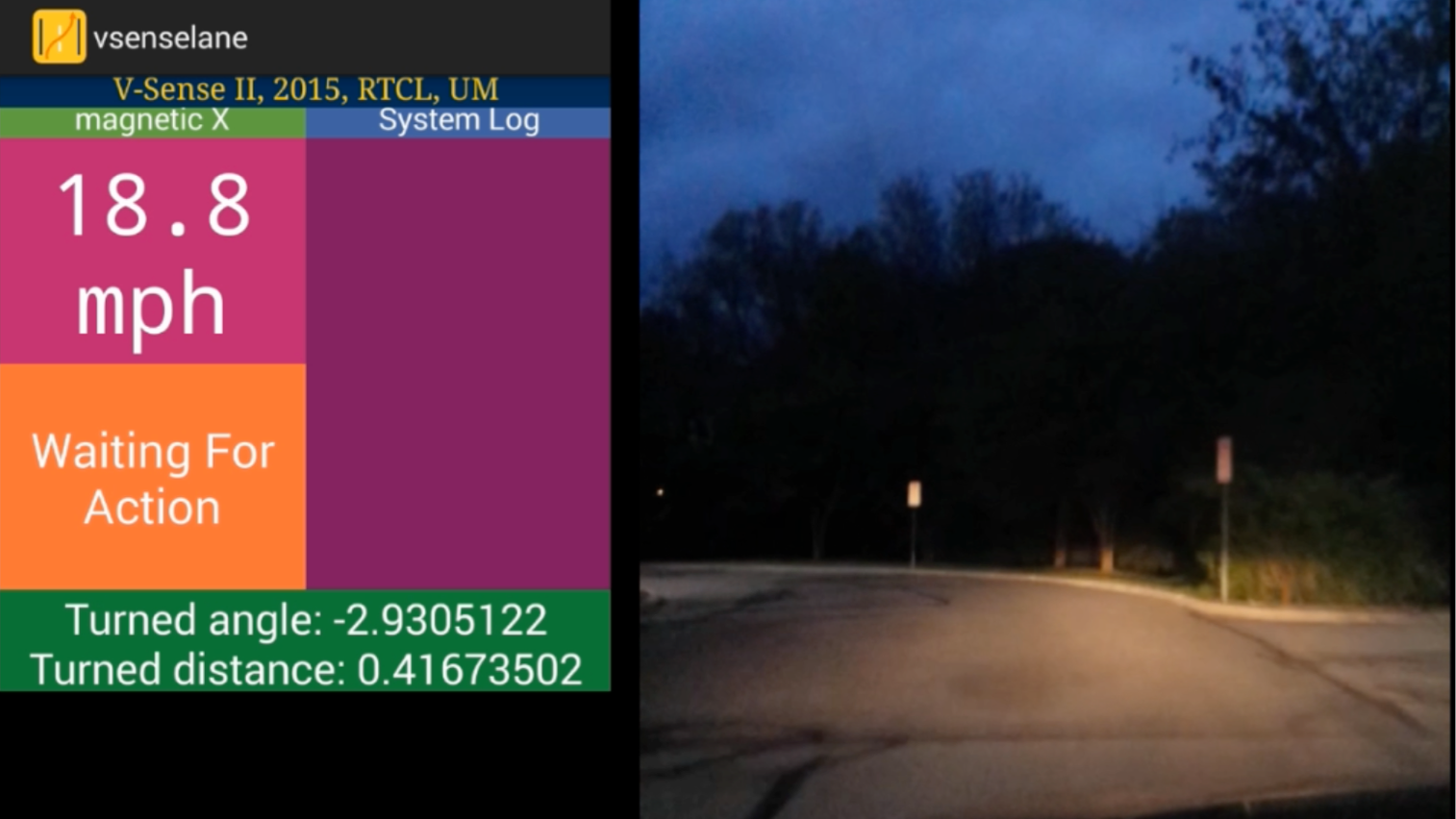
Vulnerability and Protection of Channel State Information in Multiuser MIMO Networks
CCS, 2014This work investigated vulnerability in MU-MIMO. Focus on plaintext feedback of estimated channel state information (CSI) from clients to the APs. We have found a malicious user could use sniff attack power attack by utilizing the vulnerability in existing CSI feed scheme.
Paper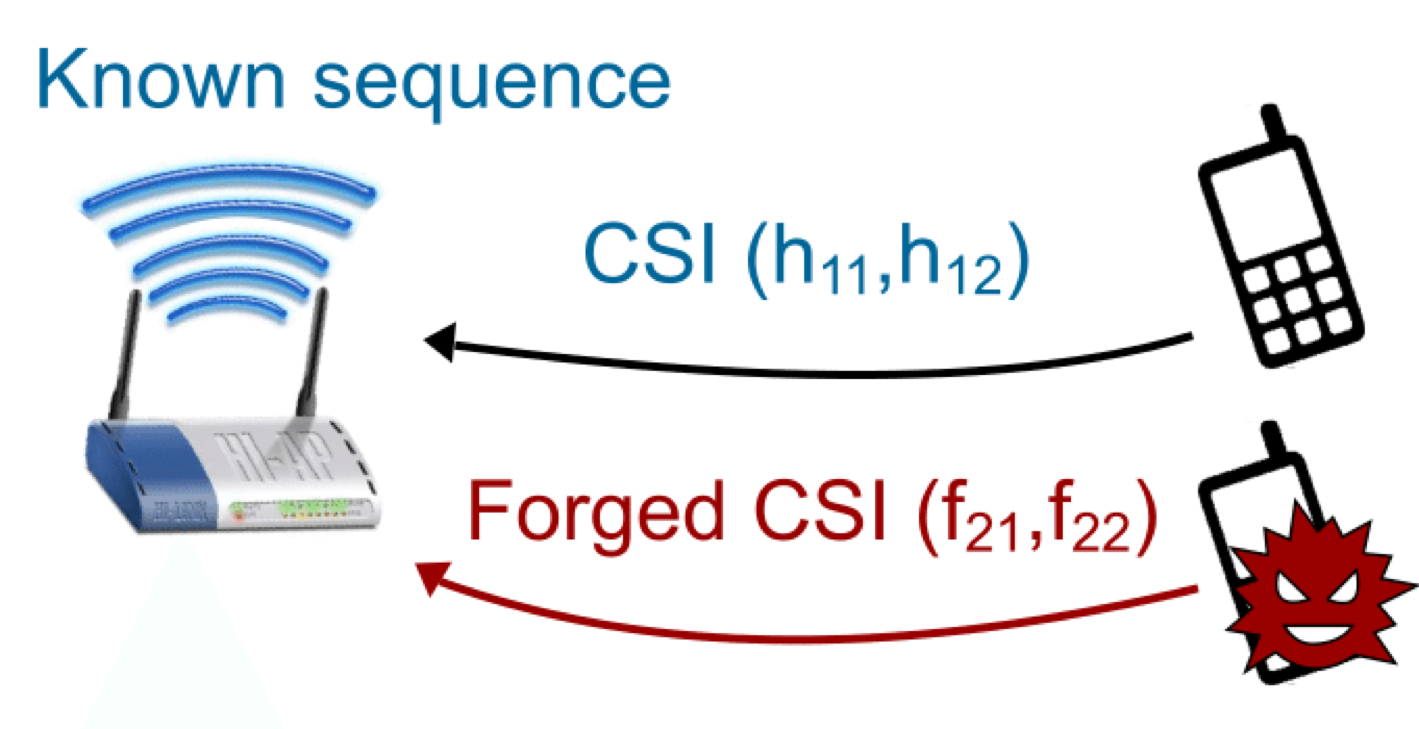
Personal
I enjoy the teamwork and hustle in competitive sports, especially basketball. Read more from my blog post.
